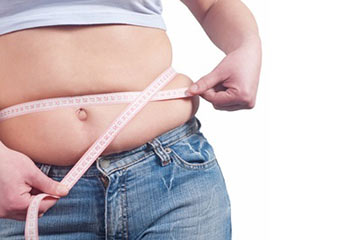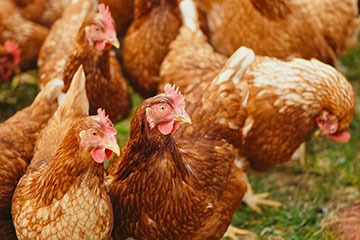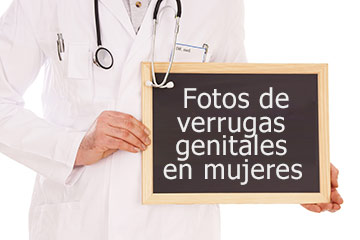Mutations and Health
How can gene mutations affect health and development?
To function correctly, each cell depends on thousands of proteins to do their jobs in the right places at the right times. Sometimes, gene mutations prevent one or more of these proteins from working properly. By changing a gene’s instructions for making a protein, a mutation can cause the protein to malfunction or to be missing entirely. When a mutation alters a protein that plays a critical role in the body, it can disrupt normal development or cause a medical condition. A condition caused by mutations in one or more genes is called a genetic disorder.
In some cases, gene mutations are so severe that they prevent an embryo from surviving until birth. These changes occur in genes that are essential for development, and often disrupt the development of an embryo in its earliest stages. Because these mutations have very serious effects, they are incompatible with life.
It is important to note that genes themselves do not cause disease—genetic disorders are caused by mutations that make a gene function improperly. For example, when people say that someone has “the cystic fibrosis gene,” they are usually referring to a mutated version of the CFTR gene, which causes the disease. All people, including those without cystic fibrosis, have a version of the CFTR gene.
Do all gene mutations affect health and development?
No; only a small percentage of mutations cause genetic disorders—most have no impact on health or development. For example, some mutations alter a gene’s DNA base sequence but do not change the function of the protein made by the gene.
Often, gene mutations that could cause a genetic disorder are repaired by certain enzymes before the gene is expressed (makes a protein). Each cell has a number of pathways through which enzymes recognize and repair mistakes in DNA. Because DNA can be damaged or mutated in many ways, DNA repair is an important process by which the body protects itself from disease.
A very small percentage of all mutations actually have a positive effect. These mutations lead to new versions of proteins that help an organism and its future generations better adapt to changes in their environment. For example, a beneficial mutation could result in a protein that protects the organism from a new strain of bacteria.
Source
Genetics Home Reference






